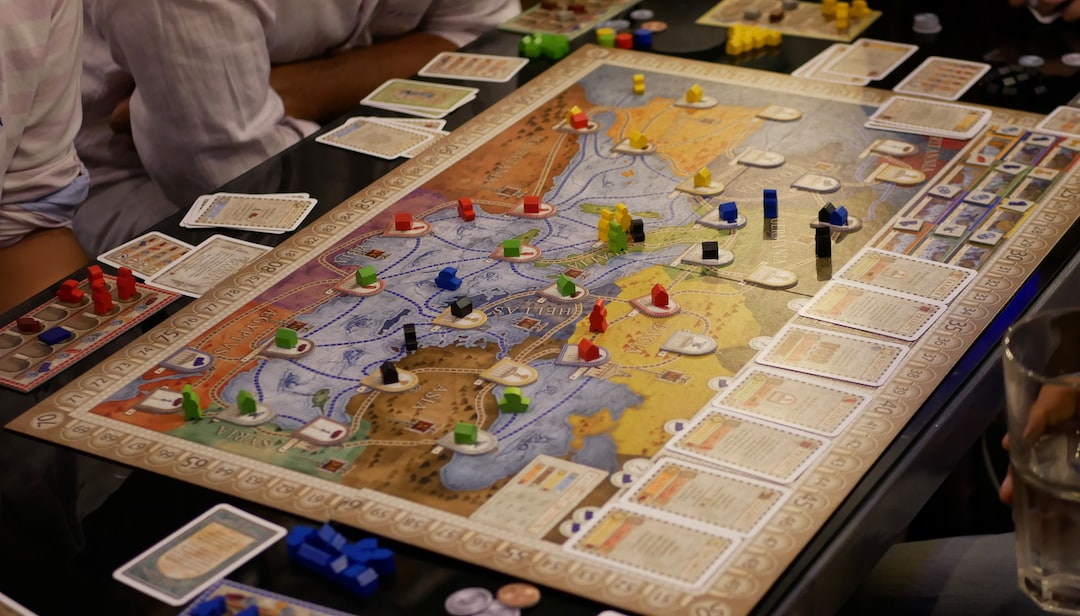Investigating the World of Professional Game Development
With the rise of the gaming industry and its immense popularity among people of all ages, professional game development has become an increasingly sought-after career choice. Many talented individuals are drawn to the allure of creating immersive virtual worlds and bringing their creative visions to life. However, the path to becoming a professional game developer is not always easy, and there are several key aspects to consider when delving into this fascinating and demanding domain.
One of the most important facets of game development is acquiring the necessary technical skills. From coding and programming to animation and graphic design, the world of game development requires a broad range of expertise. Learning programming languages such as C++, Python, or Java is crucial for building the underlying systems of a game, while skills in game design, 3D modeling, and animation are necessary for crafting captivating visuals and lifelike characters. Moreover, understanding different game engines, such as Unity or Unreal Engine, is essential to construct the interactive elements of a game.
Aside from technical skills, game development also demands a strong foundation in creativity. Professional game developers need to possess a vivid imagination and the ability to think outside of the box. They must constantly come up with innovative ideas for game mechanics, captivating storylines, and engaging gameplay experiences. Keeping up with the latest trends in the industry and evaluating what works and what doesn’t in successful games is also important. Analyzing and dissecting games allows developers to understand why certain elements are appealing to players and how those aspects can be incorporated into their own creations.
Collaboration is another vital aspect of professional game development. Although solo indie developers exist, most games are created by teams of individuals with diverse skill sets. Artists, programmers, designers, and writers work in tandem to bring a project to life. Effective communication, teamwork, and the ability to work under tight deadlines are critical for the successful execution of a game. Collaborating with others also means being open to feedback and being willing to iterate and refine one’s work based on constructive criticism.
In addition to technical skills, creativity, and collaboration, being adaptable is equally important in the fast-paced world of game development. The industry is perpetually evolving, with new technologies, platforms, and trends emerging at a rapid rate. As a result, professional game developers must be open to continuous learning and staying up-to-date with the latest advancements. This can involve attending conferences, participating in workshops, reading industry publications, or even taking online courses. Being adaptable also means being able to pivot and adjust game development strategies in response to market demands and changing consumer preferences.
While the prospect of creating your own games and being part of an innovative industry may sound exciting, it’s important to recognize the challenges and potential obstacles that lie ahead. The game development process can be intense, with long hours, tight deadlines, and demanding clients or publishers. Burnout is a real concern in such a fast-paced and high-pressure environment. However, passion for the craft and a love for games can help overcome these challenges. Genuine enthusiasm will provide the drive needed to persevere through the tough times and to continue honing one’s skills.
Furthermore, breaking into the game industry can be a challenging endeavor due to the competitive nature of the field. It often requires a combination of talent, dedication, and a stroke of luck. Building a strong portfolio of work and networking with industry professionals can significantly increase the chances of landing a job at an established game development studio. Additionally, exploring freelance opportunities or working on personal projects can help gain experience and showcase one’s skills to potential employers.
In conclusion, investigating the world of professional game development unveils a multidimensional and dynamic field. It requires a solid foundation of technical skills, creativity, collaboration, adaptability, and a strong sense of passion and dedication. While challenges and obstacles exist, the rewards of bringing virtual worlds to life and creating meaningful gaming experiences make the pursuit of a career in game development an exciting and fulfilling journey. Aspiring game developers, armed with the right knowledge and perseverance, can embark on a path that combines their love for games with their desire to be part of an ever-evolving and influential industry.
